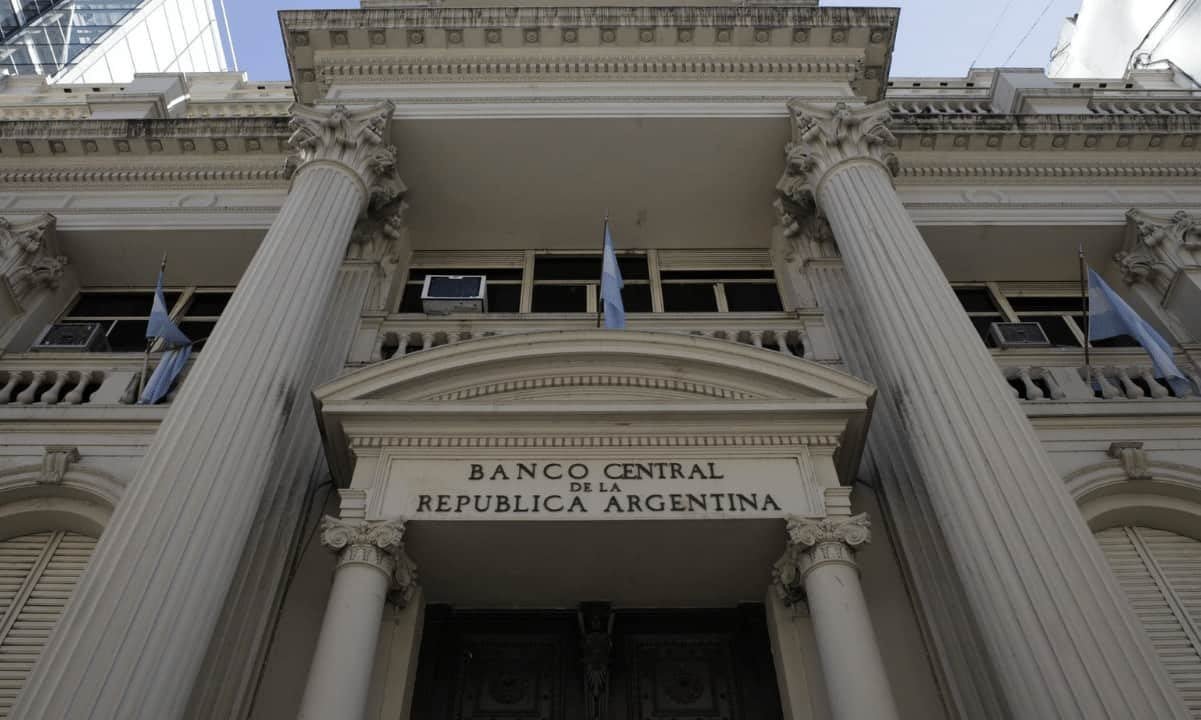Central Bank of Argentina Bans Private Banks From Offering Cryptocurrency Services – Argentina’s Central Bank has taken efforts to prohibit private banks from providing bitcoin services to their customers. The move comes after two banks began facilitating cryptocurrency purchases through their mobile apps. The initiative is believed to be aimed at reducing the hazards associated with digital assets.
When it comes to the links between bitcoin assets and private banks, Argentina’s Central Bank is tightening its liberal stance. The institution has issued a paper prohibiting these institutions from enabling cryptocurrency acquisition and trading services for Argentinian people.
According to the document:
Financial entities may not conduct or assist their clients in conducting operations with digital assets, such as crypto assets and those whose yields are based totally on the variations that they register, that are not controlled by the national authority and authorized by Argentina’s Central Bank.
Furthermore, according to the agency, the goal of this step is to reduce the risk that users and financial institutions incur when using these assets as investment vehicles. This statement comes after two private banks in the country, Banco Galicia and Brubank, declared that they will begin offering cryptocurrencies to their customers as part of their financial services.
According to certain local media sources, the central bank’s decision may be motivated by other factors. Due to the fact that banks functioning with cryptocurrency assets are unregulated and thus not illegal, the groups apparently visited the central bank in secret and received approval.
According to financial sources, cryptocurrency operations may raise demand for dollars, widening the gap between the official dollar price and the “blue” dollar on the black market. Argentina has exchange controls, which may have affected the decision to halt these operations before they grew more significant in the overall economy.
The variance between the official dollar and the blue dollar has stayed unchanged, with the latter being almost 80% more expensive than the former, indicating that the volume exchanged during these days had no impact on the exchange rate.
Also Read: Square Enix Closes $300 Million Sale of Western Studios to Bankroll Blockchain Pivot
Central Bank of Argentina Bans Private Banks From Offering Cryptocurrency Services – Another likely reason for this action is Argentina’s debt repayment agreement with the International Monetary Fund, which includes a condition that the government disincentivize the usage of cryptocurrencies, and permitting private banks to offer these services would be in violation of this.




